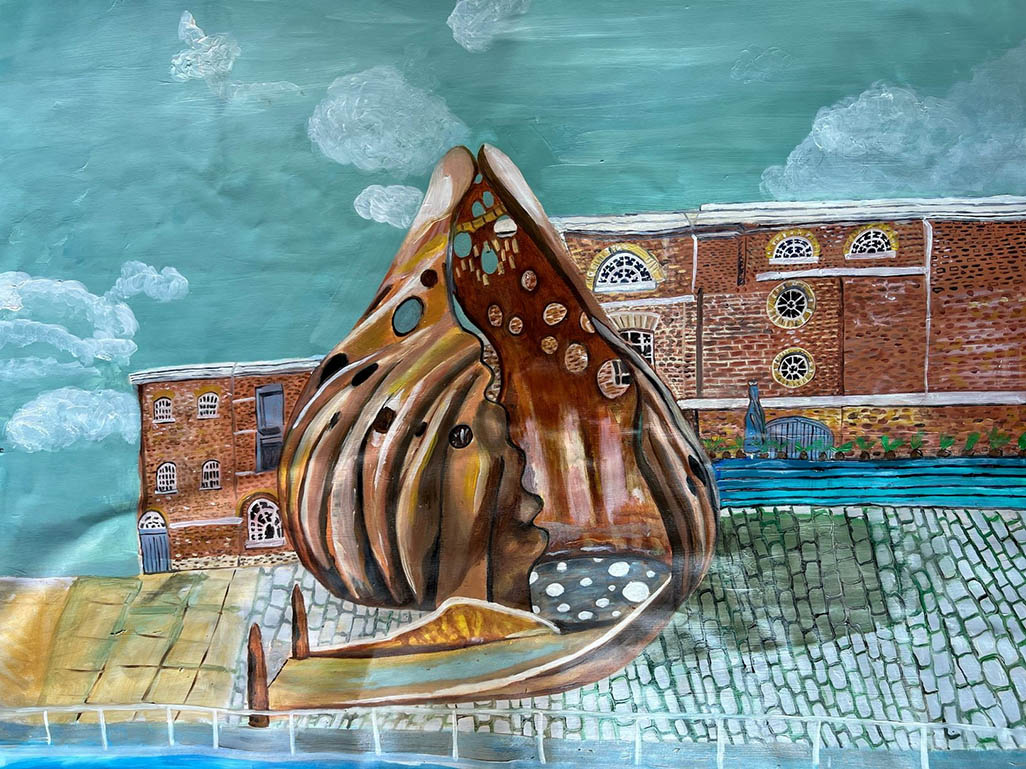All three candidates running to become the next secretary-general of the Commonwealth, a 56-nation club headed by Britain’s King Charles, said on Wednesday they supported reparations for transatlantic slavery and colonialism.
The Commonwealth evolved out of the British empire and is one of world’s biggest international organisations, covering some 2.7 billion people. Members include Canada and India as well as 21 African countries, and Caribbean islands such as Barbados and Jamaica.
Charles expressed deep sorrow over slavery in a speech to Commonwealth leaders in 2022 and last year gave his support to research that will examine the British monarchy’s links to slavery. However, Britain, like most colonial powers, has rejected calls for reparations.
The Commonwealth’s next leader, succeeding Britain’s Patricia Scotland, will be elected in October at the heads of government meeting in Samoa.
At a debate at London’s Chatham House, the three declared candidates – Mamadou Tangara of Gambia, Shirley Botchwey from Ghana and Joshua Setipa of Lesotho – said they backed the idea of making amends for slavery and colonialism.
“I stand for reparations,” Botchwey, Ghana’s foreign affairs minister, said, adding the Commonwealth could have a role to play if the member states request a “common voice” on the issue.
Setipa, a former trade and industry minister, said if he was elected he would not wait for member states to ask the Commonwealth to act.
“The Commonwealth has a long history of facilitating discussions about difficult issues,” he said.
Tangara, a Gambian diplomat and politician, said he “fully” supported reparations but it was up to member states to lead the conversations, which the Commonwealth could facilitate.
Both Botchwey and Setipa said reparations weren’t just about financial payments but also support to tackle climate change and build countries’ economic resilience, with Setipa noting these issues were crucial to addressing the legacy of centuries of slavery and colonialism.
HISTORICAL WRONGS
From the 15th to the 19th century, at least 12.5 million Africans were kidnapped, forcibly transported by European merchants and sold into slavery. Britain transported an estimated 3.2 million people, the most active European country after Portugal, which enslaved nearly 6 million.
The highly divisive issue of reparations to address historical wrongs is long-standing but has been gaining momentum, with several institutions and some nations acknowledging their past.
Ghana’s Botchwey has previously said Africa should use declarations and admissions of guilt as a “compelling reason and a foundation for a demand for reparations”.
The Caribbean Community has a 10-point reparation plan, which among other demands calls for debt cancellation, and the African Union is developing a common position on the issue, with Ghana leading the efforts.
Earlier this year, United Nations chief Antonio Guterres called for reparations to “help overcome generations of exclusion and discrimination”.







Click here to change your cookie preferences